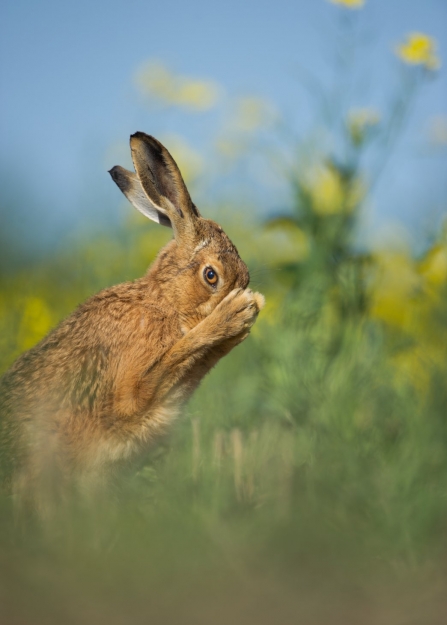We believe that some of the vandalism and litter problems we've experienced on our reserves during lockdown are caused by people not realising the importance of these special areas. With a little more care, visitors would not spoil wild habitats that, in some cases, have taken decades to create.
Our Communications Manager, Alan Wright, said:
“We have seen an increase in the number of littering and vandalism incidents on our reserves during the Coronavirus lockdown.
“Some of this is down to the fact that these areas are isolated and the people involved believe they can misbehave without being caught. However, in many cases it is just people not realising that nature reserves are not their local park – so they play games and go for a swim in areas that are clearly fenced off for wildlife.”
As we prepare to start opening our most popular nature reserves in the next couple of months, we are hoping to speak to visitors and explain how their actions can affect the wild plants and creatures that live there.

